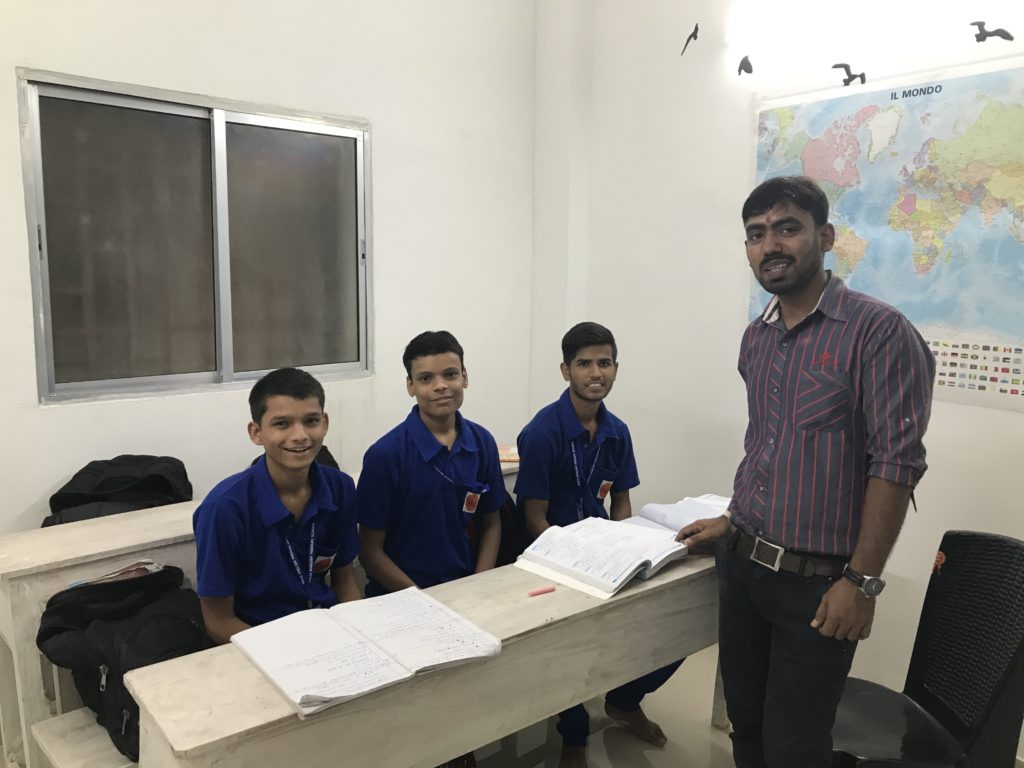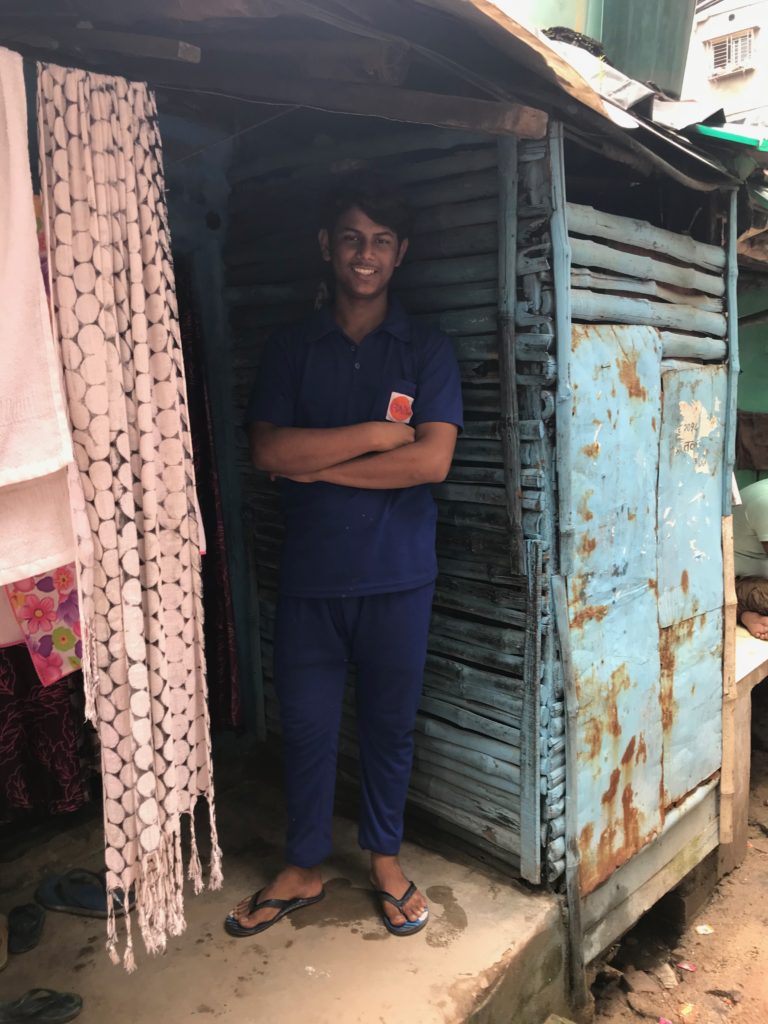
Word is out on the streets in Pilkhana, Kolkata, and families line up early in March to gain admission to the Balo English Medium School. Parents arrive and ask to secure a spot for their child. Upwards of 300 families queue up to get an application for the Pre-K class. The selection process is arduous and heart wrenching. It is no easy task to find the neediest children.
The first round of screening takes place as the applications are handed out. The teachers conduct a quick, informal interview, and each family is asked to share a bit about their resources, income, family size, etc… Balo is designed to help the children most in need, so only the poorest 100 families are given an application.
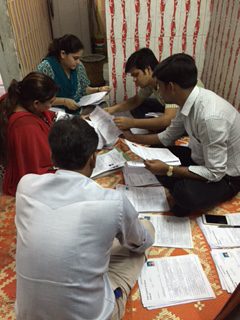
Upon collection of the applications, the 15 teachers divide up the list, and conduct home visits to ensure the accuracy of the information and witness the living conditions and status of each potential student. The list of 100 must be cut down to 25. This is so difficult, it never happens, and every year we have a new class of 30. Betta, Rehana, and Sony describe this as the part of the work they hate the most.
The specific qualification questions and areas of focus include:
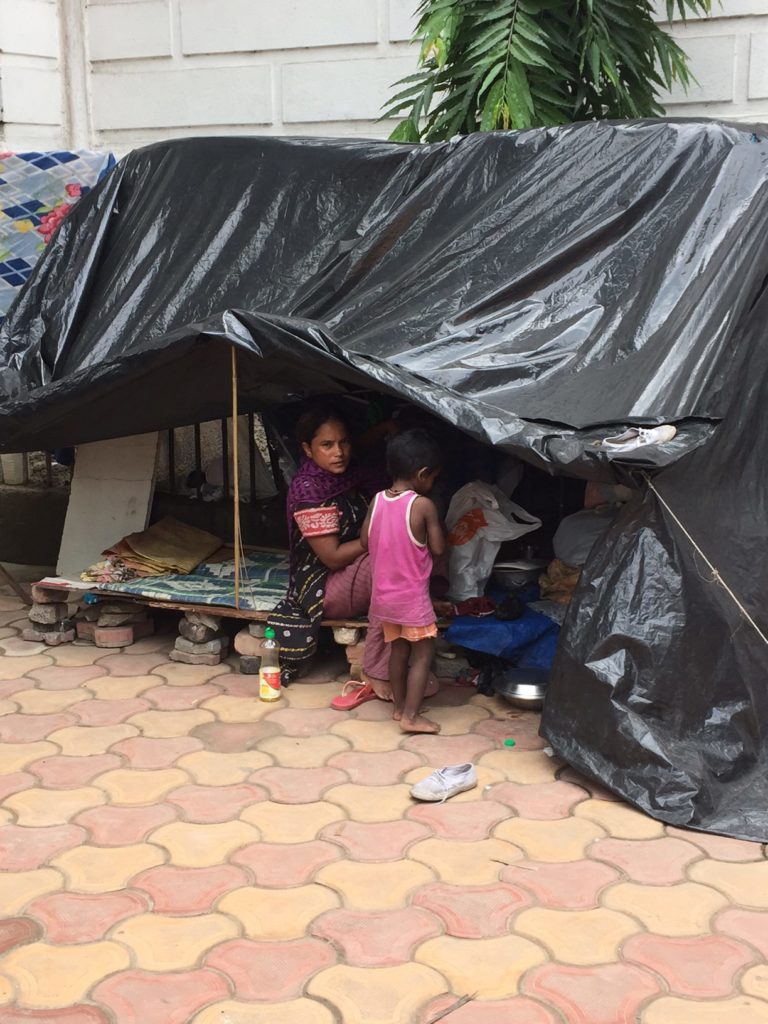
- Is there just one parent? It is very common for the fathers to abandon a family.
- Is someone in the family sick? Maybe both parents are present, but if one is sick, especially the father who is often the main source of income, this is a problem. A sick parent can be a large drain on family finances. Women often can only procure low paying jobs cleaning homes or doing menial tasks.
- How many children are in the home? This is balanced with the family income. Can the family afford to support, feed, and educate each child?
- Does the child have any disability where he or she would not be accepted into a regular school? Students are not turned away because of physical or mental deficiencies. Balo currently has a Down Syndrome child, several with learning disabilities, one with polio, and one who is deaf. Balo also has several students with physical limitations. Rickets is a common problem due to lack of proper nutrition, so students will arrive with bone, joint, and movement issues. Many times these improve with Marzina’s cooking. We can manage these types of needs, but for more sever disabilities we cannot provide the needed support within the school.
- All other things being equal, Balo prefers to take girls over boys. Culturally, boys have many more opportunities and chances. This can be difficult to explain to the parents and families who prioritize boys attending school because traditionally, the boys will be the ones to take care of the parents when they are old. The girls will get married and move away, so the parents are less invested in their educations.
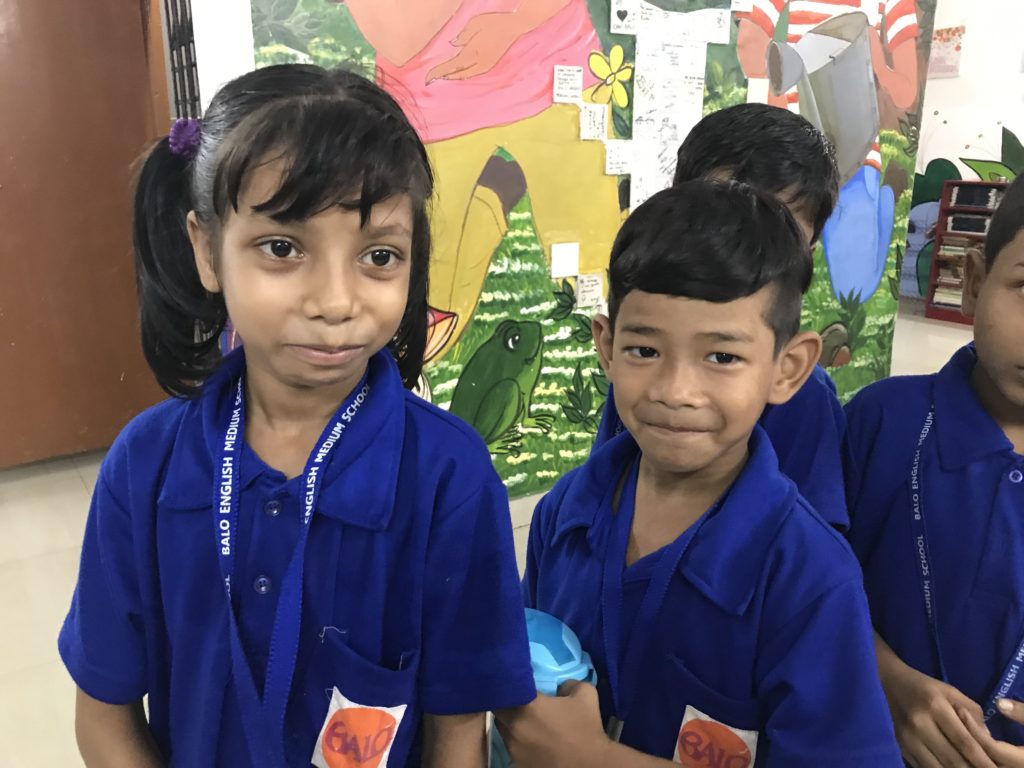
- Balo strives to maintain a 50/50 ratio of Hindus to Muslims, representing the neighborhood population. The school is located near the Karbala Mosque and the Iman is heard calling the faithful to prayer from the classroom windows multiple times a day. The streets and allies possess multiple Hindu altars decorated with flowers, insence, and small offerings.

- Siblings are given priority in admission to the school to keep life equitable in the family.
- Because the classes are taught in English, students are not accepted to the school after first grade. It is too difficult for students to assimilate without the foundation of the English language. As some families move and life happens, the enrollment in the upper grades is smaller, as students that leave are not replaced.
The school expanded and now reached a maximum capacity of 350 students and runs through class 12.
